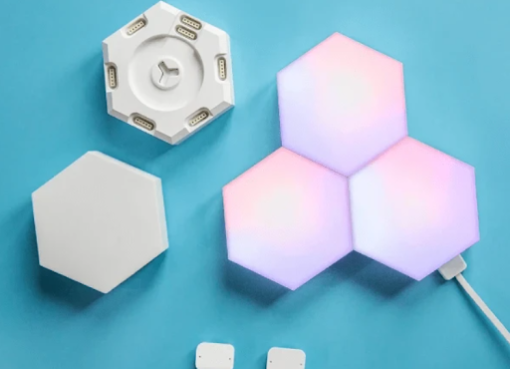Filtration and drying are crucial processes in many industries, particularly in the pharmaceutical, chemical, and food sectors. These industries require efficient and reliable equipment to separate solid-liquid mixtures and dry the resulting solids. Agitated Nutsche Filter Dryers (ANFD) have emerged as a popular solution due to their versatility, efficiency, and ease of use. In this section, we will explore the essential aspects of mastering filtration and drying with ANFDs.
Understanding Filtration:
Filtration is the process of separating solid particles from a liquid or slurry by passing it through a porous medium. In the case of an ANFD, this medium is a filter cloth or a screen supported by a perforated plate. The filter medium allows the liquid to pass through while retaining the solid particles. It is essential to choose the appropriate filter medium based on the specific characteristics of the mixture to be filtered, including particle size, concentration, and chemical compatibility.
Operating an ANFD for Filtration:
To initiate the filtration process, the ANFD vessel is charged with the mixture to be filtered. The liquid is then drained through the filter medium under the influence of gravity or pressure. The retained solids form a cake on the filter medium. Once the filtration is complete, the cake can be further processed for drying or disposal. It is critical to control the filtration rate to achieve the desired separation efficiency and prevent clogging of the filter medium.
Drying with an ANFD:
Drying the filtered cake is often the next step after filtration. ANFDs offer excellent drying capabilities due to their unique design. The vessel contains an agitator that assists in the drying process by gently breaking up the cake, exposing more surface area to the drying medium (such as hot air or nitrogen), and promoting efficient heat transfer. The agitator also helps to remove any residual moisture within the cake, ensuring a thorough drying process.
Optimizing Drying Parameters:
To achieve effective and efficient drying, several parameters need to be considered and optimized. The temperature and flow rate of the drying medium must be carefully controlled to prevent overdrying or overheating of the cake. Additionally, the vacuum or pressure inside the ANFD vessel plays a crucial role in enhancing the drying process. Balancing these parameters ensures the retention of desired product properties and minimizes energy consumption.
Maintenance and Cleaning:
Regular maintenance and cleaning of ANFDs are essential to ensure optimal performance. The filter cloth or screen should be inspected and replaced as necessary to maintain filtration efficiency. Proper cleaning of the vessel and agitator prevents cross-contamination and ensures consistent drying performance. Regular inspections and preventive maintenance help to identify and address any potential issues before they significantly impact operation.
In conclusion, mastering filtration and drying with agitated nutsche filter dryer is crucial for industries relying on solid-liquid separation and drying processes. Understanding the principles and operating parameters of ANFDs, as well as optimizing filtration and drying conditions, can lead to improved efficiency, productivity, and product quality. By investing in regular maintenance and cleaning, industries can ensure the longevity and reliability of their ANFDs, keeping their filtration and drying operations running smoothly.

